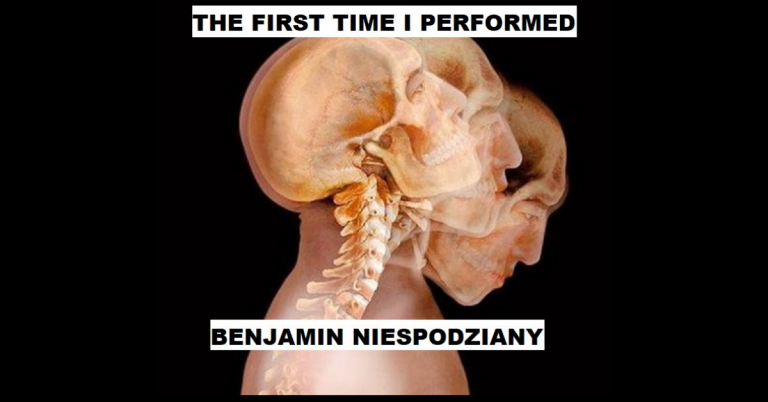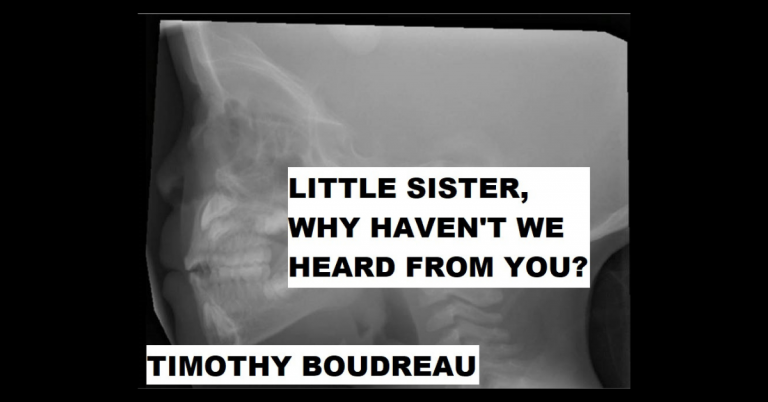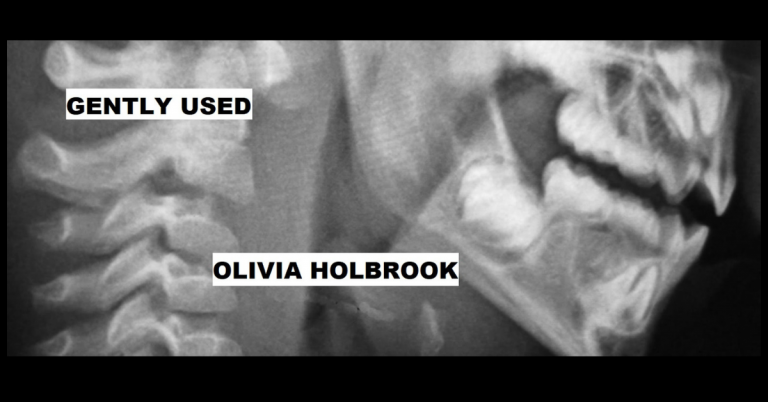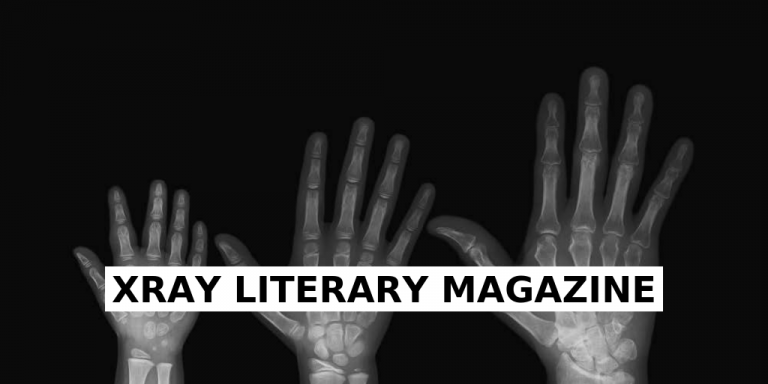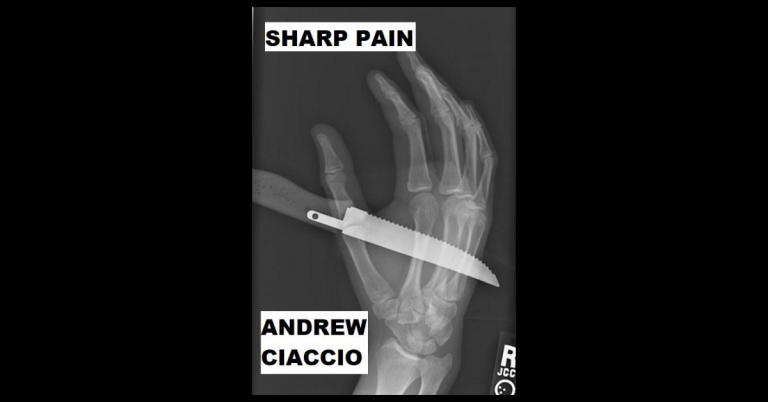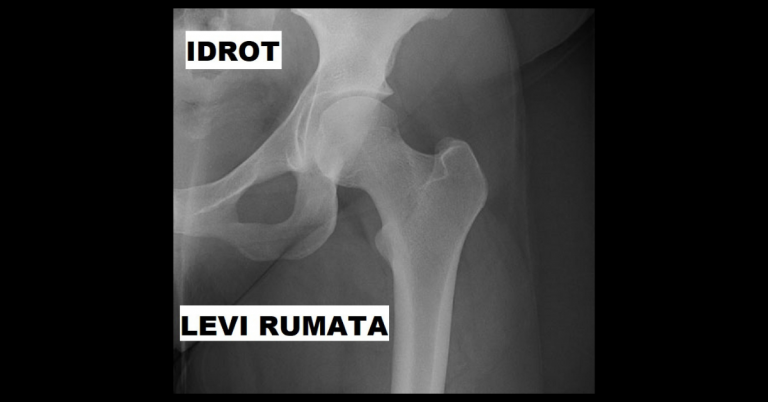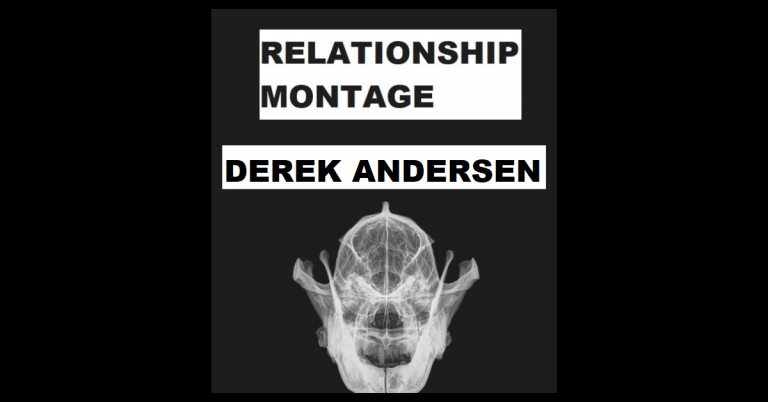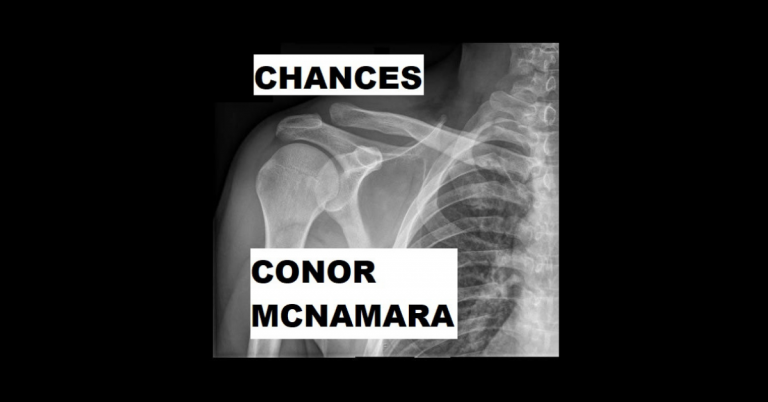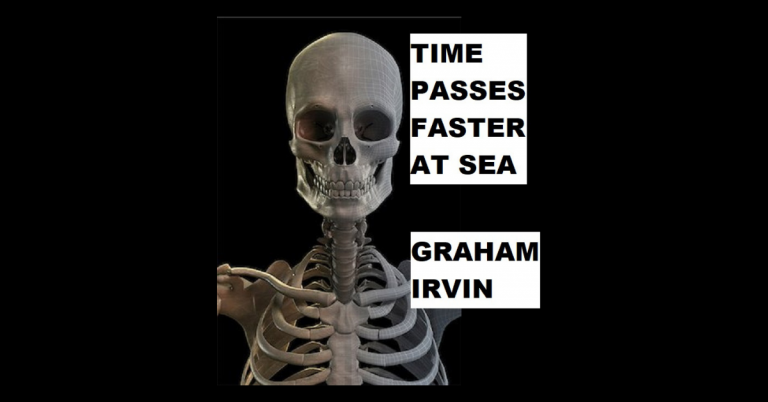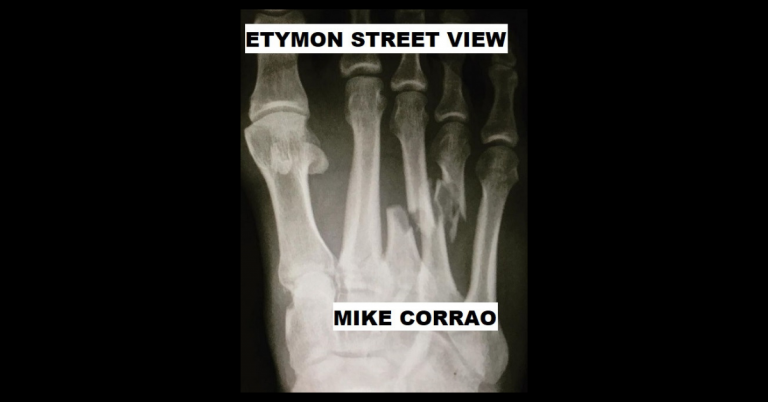
ETYMON STREET VIEW by Mike Corrao
She (subject) receives a note which says, “I am without past.” On the backside is a photograph of a street sign: Roberta Ave. The crossroad is obscured. What used to be green is now dull and graying. Its metal spine curves to the left. Backgrounds are warped by time. The subject is tasked with determining the origins of this symbol. Finding what has been vacated of context. Erasures performed without audience. Certain criteria are arranged to flesh out her process. Suites are dressed in ethernet cables and blue light filters. Rounds of copper are blanketed in rubberized shells. She moves through a set of localized databases. Dragging her feet along the surface of the excavation site. Playing with direct keywords and terminology. Each result yields answers specific to its location. One meaning does not proliferate into the next. One prominent figure does not name a second street after themself. In Waukesha, Wisconsin she finds a Roberta without a source. The avenue appears without momentum, emerging quietly from a larger grid. Harrison, Frame, Wabash, Estberg, Douglass, Roberta, Coolidge, Hoover. Incipit formulas and procedures are unveiled:
- All names have an origin. If they are one word, they will come from one place. If they are many words, they will converge from many places.
- In the case of the former, said source might be of significance to specific people involved in its creation, zoning, or development. Specific Robertas. Those famous or related.
- If the name has no origin here (which it does not), then its origin might arise from better hidden minutiae. Roberta who performed a charitable act. Significant strangers. Offhanded mentions of artists or architects. Misheard introductions.
- When a street is unimportant, that is to say, not worth thoroughly documenting, it might appear to abruptly jump from not existing at all to having existed forever. Somewhere between the years of 1974 and 1986, Roberta Avenue is conceived.
- An unspecified individual (under government employ) signs forms that are assumed to exist and names the street after someone (something, somewhere) for some particular reason. The individual then shifts interest to another street and loses any tangible connection to Roberta.
- Over time, the relationship between land and language become obscured. What was once straightforward can quickly spread into endless and ever-changing labyrinths. The entropic nature of duration disrupts these pathways. A mountainside road becomes Silver Lake Drive. A coastal boulevard becomes Pine Street.
What is left is hard to identify. She sways through luminous corridors. “My tactility is measured in lumens.” Her hands collapse around strands of frayed monitor hair. What is visible is rendered haptic. What is spoken is rendered real. New data accumulates. Particles of dirt climb from key to nail bed. Neural structures materialize in the periphery, but again this etymology is without its source. Metonyms form chains, linking from part to whole. From whole to greater whole. Roberta extends her reach across liminal spaces. Ennui in posture. Dancing around the virtual ballroom. “Your physiology is tested for anomalies.” White text crawls across the screen, but she does not pursue this lead. Instead, she continues her excavation. Old web pages map outdated countrysides. Where roads crawl through unwieldy topographies, each hill flattened and repurposed.
She skims a series of land acquisition and zoning documents. No new information comes to the surface. Phone calls lead to answering machines and non sequitur transfers. Landlines form matrices under guise of the rhizome. Disembodied voices dictate a lipid yawn. Keys displaced by an external pressure. She sifts through prophetic audio files and CCTV footage. The natural slouch of the human physique makes her nauseous. Each figure that wobbles across the monitor. The slow pan of the camera. “Towers form under veil of ash.” She returns to the photograph. Searching through image aggregators and video archives. Long-dead strangers construct each house in zig-zag patterns along the avenue. Surveys form jagged plots of land. She again shifts focus, moving from historical evidence to abstract representations.
Foreign documents rise out of the engine. Where dataplasm has begun to coagulate. Radio waves are dragged under the surface by spore densities “I speak to you as if we have not spoken before.” But this is a lie. There is a familiarity in the candidness of the white text. “We reconvene after the fires are out.” Roberta Ave consumes its own identity. The machine feeds on its own afterbirth. Nourished by the infrastructures which reveal its parentage. Clergymen divinate the body in paraffin. In this web of connections, each thread has been severed. White text mocks with conspiratorial glee. “You see only what has been present.” Phantom limbs caress her interior, feigning their introduction. In which these new appendages might continue her search while she is away—passive and unconscious.
Roberta Ave taunts her with hints of information. “SUBJECT gifts [redacted] namesake to new passage.” The sign mutates. The metal spine straightening its posture. Anachronistic compulsions render previous data collecting methods obsolete. Street names rearrange themselves. Harrison, Roberta, Estberg, Douglass, Coolidge, Hoover, Frame, Wabash. Script removed from its plate. She fears that each name is without purpose, without origin or incipit. There is no event to create this creature. It stumbles haphazardly through time, appearing before and after its predicted creation. She finds obscured photographs and scrawled notes.
Computational deities form a new lexicon. She watches as they reorient each previously scanned and cleared database. Roberta Ave disappears from familiar places, and reappears in previously unseen alcoves. The machine unhinges its yaw. And the subject is gifted the phantom limbs that she has been promised. New appendages climb from her hips and shoulders. Anatomy expanding / Exoskeleton forming. She feasts on etymon. With tendrils latching to electrical currents and expanding the circumference of the circuit. Molluscular mouth siphoning power for the ever-growing mechanism. A new praxis must be organized. Where these phantom limbs may continue working through unconscious states. Collecting and categorizing the mass of data as the body lies dormant. She allows these sentient extensions of her self to carry on through intermission.

